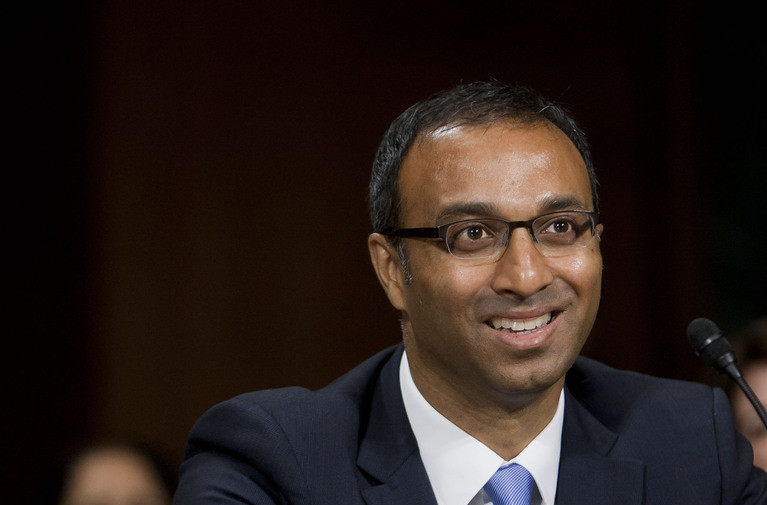‘A Poor Fit’: US Judge Rejects DOJ’s Google Chrome Divestiture Remedy in Landmark Antitrust Case
In a pivotal ruling that spares Google from a corporate breakup, U.S. District Judge Amit Mehta has rejected the Department of Justice’s push to force the sale of the Chrome browser, calling the proposed remedy “a poor fit” for addressing the company’s search monopoly. The decision, handed down on September 2, 2025, balances antitrust enforcement with concerns over innovation and consumer harm, but it still imposes significant restrictions on Google’s business practices.
The Ruling: No Chrome Sale, But Exclusive Deals Banned
Judge Amit Mehta of the U.S. District Court for the District of Columbia issued a 230-page opinion rejecting the DOJ’s most aggressive remedies while upholding others to curb Google’s dominance in online search. The court ruled that Google violated antitrust laws by maintaining an illegal monopoly through exclusive deals with device makers like Apple and Samsung, but divestiture of Chrome or Android was deemed unnecessary and overly speculative.
Mehta explicitly stated that forcing Google to sell Chrome would be “incredibly messy and highly risky,” as the browser was developed organically and not used to directly effect illegal restraints. Instead, the judge barred Google from entering exclusive contracts for its search engine, Chrome, Google Assistant, and Gemini AI products, allowing non-exclusive deals where Google remains the default but competitors can bid for placement.
The ruling also requires Google to share certain search data with rivals on commercial terms, though not ad-specific information, to foster competition. These measures aim to “pry open the market for general search services,” as the DOJ described, without dismantling Google’s ecosystem.
Background: The DOJ’s Antitrust Case Against Google
The case stems from a 2020 DOJ lawsuit, joined by multiple states, accusing Google of monopolizing search through multibillion-dollar deals that made it the default on billions of devices. In August 2024, Mehta ruled Google held an illegal monopoly, capturing 90% of U.S. searches and paying $26.3 billion in 2022 alone to partners like Apple.
The remedies phase, spanning April to May 2025, saw intense debate. The DOJ proposed divesting Chrome—used by 65% of global users and driving 40% of Google’s U.S. searches—as a “cleaner” fix to break the monopoly loop. Google countered that such a sale would harm consumers and stifle AI innovation, with CEO Sundar Pichai testifying it equated to a “de facto divestiture” of search.
This follows a separate DOJ win in April 2025 against Google in ad tech, but the search case is the first major monopoly ruling since the 1990s Microsoft antitrust battle. Remedies are set for 10 years, with Google planning an appeal.
Proposed vs. Actual Remedies
| Remedy Type | DOJ Proposal | Judge’s Ruling |
|---|---|---|
| Chrome Divestiture | Force sale to approved buyer | Rejected as “poor fit” |
| Android Contingent Sale | Sell if other remedies fail | Rejected |
| Exclusive Deals | Ban all payments for defaults | Ban exclusives; allow non-exclusive |
| Data Sharing | Full search index access | Limited data on commercial terms |
Expert Opinions and Public Reactions
Legal experts hail the ruling as a balanced approach. “Mehta’s decision avoids overreach while addressing core harms—exclusive bans will open doors for rivals without punishing innovation,” said antitrust professor Daniel Schwarcz of the University of Minnesota. Former FTC technologist Neil Chilson noted the appeal potential, comparing it to Microsoft’s overturned breakup in 2001.
The DOJ expressed satisfaction: “The ruling recognizes the need for remedies to restore competition in search and prevent similar tactics in AI.” Google welcomed the no-divestiture outcome but plans to appeal data-sharing mandates, citing privacy risks.
Public reactions are polarized on X, with #GoogleAntitrust trending. Supporters of the ruling praised it as “pro-consumer,” while critics called it “toothless,” arguing Chrome’s retention lets the monopoly persist. Rival DuckDuckGo CEO Gabriel Weinberg lamented, “Consumers will continue to suffer without stronger measures.” Shares of Alphabet surged 6-8% post-ruling, reflecting market relief.
Impact on U.S. Readers: Economy, Tech, and Daily Life
For American consumers, the ruling means no immediate Chrome changes, preserving seamless search access on 3 billion devices, but it could lower ad prices over time as competition grows—Google’s search ads generated $175 billion in 2024. Economically, avoiding divestiture prevents job losses (Google employs 180,000) and maintains U.S. tech leadership amid AI races, potentially adding $1 trillion to GDP by 2030.
Politically, it tempers Big Tech scrutiny ahead of 2026 midterms, balancing enforcement with innovation—though appeals could drag into 2027. Lifestyle-wise, non-exclusive defaults empower choice, letting users opt for Bing or DuckDuckGo without hassle, enhancing privacy. Technologically, data sharing may spur AI advancements, benefiting apps like Gemini rivals. In sports and entertainment, it stabilizes ad markets for streaming and betting platforms reliant on Google.
Conclusion: A Measured Step in Antitrust Enforcement
Judge Mehta’s rejection of the DOJ’s Chrome divestiture as “a poor fit” marks a cautious victory for Google, avoiding a breakup while imposing bans on exclusive deals and mandating data sharing to foster competition. This ruling, stemming from the 2020 antitrust suit, upholds the monopoly finding but prioritizes targeted remedies over structural upheaval.
Looking ahead, Google’s appeal could prolong the saga, but the decision sets a precedent for balancing monopoly curbs with tech innovation. For U.S. consumers and businesses, it promises gradual market opening without immediate disruptions, potentially ushering in a more competitive search era.
